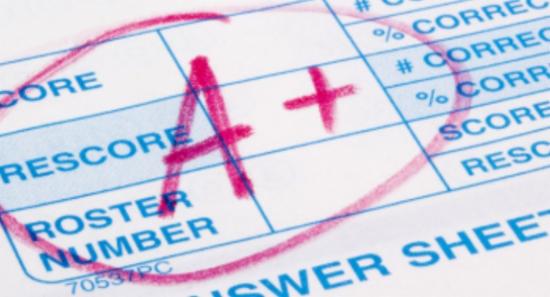.webp)
Moody's issues a warning on Sri Lanka's debt situation
Colombo (News 1st) - Moody’s rating agency stated that Sri Lanka and Pakistan are among Asian countries that face the highest risks of rising debt costs and depreciation as global growth slows due to a trade war between the US and China.
The rating agency mentioned that “Weak debt affordability, high debt burdens, a reliance on FC borrowing, and thin reserves coverage of external debt payments make these sovereigns’ credit profiles exposed to a shift in financing conditions.”
Moody’s stated that “In terms of debt affordability, Sri Lanka, Pakistan, Egypt, Angola, and Ghana would see the most significant deterioration in their interest payments-to-revenue ratios compared to our baseline 2019-20 forecasts.”
While the Moody's Rating Agency has pointed out Sri Lanka's dire external debt situation, it is curious to note that this report does not highlight the manner in which Sri Lanka's economy has been victimized by international lending agencies such as the International Monetary Fund or what we call the IMF, that uses debt as a carrot and stick tactics to get small economies to follow the bidding of their biggest funders.
As many economic experts have pointed out, the World Bank and IMF focus their economic policies to achieve a balance of payment equilibrium, as opposed to one that actually brings about economic growth and addresses poverty and inequality.
In actual fact, these economic policies end up widening the gap between the haves and have nots. Today, we see that Sri Lanka is saddled with massive external debt, that can ultimately only be serviced by more debt.
Add to this, government spending on poverty alleviation does not reach the people and as is seen by the present drought, the billions of rupees allocated for government programs do not reach the people but are instead used to shore up political support.
A government's sole prerogative is to serve its people. And unfortunately, successive governments in Sri Lanka have failed in providing even the most basic needs, and that fact is seen in rural Sri Lanka. Instead, massive amounts of public funds are channelled towards ensuring political survival.
It is to this untenable situation that Sri Lanka is then expected to trust nations that profess to have our interests in mind, by giving away nearly US$ 500 million towards very specific development projects.
It is more than clear, by Moody's report that Sri Lanka's problem is external debt.
If any nation that truly has Sri Lanka's interests at heart, why would it not channel the half a billion dollars towards paying off some of that debt?
While all of these high-brow economic problems remain unresolved, the people of Sri Lanka, continue to struggle to make ends meet.
As is seen, by the fact that over 700,000 Sri Lankans are affected by the drought.
Who will help them? Who will care for them? Not the IMF, not the World Bank, not Moody's, and certainly not the government. This is the reality. The situation at the grassroots.
When the political majority forms a government, they must ensure every citizen's sovereignty and aspirations are respected and protected. This is what we describe as a republic.
Does securing a majority in parliament mean that the sovereignty of every citizen in this country is protected? In an ideal republic, every individual's sovereignty and aspirations must be established.
We transfer our sovereignty to a political majority or a political party, trusting they will fulfil our expectations and aspirations.
In that sense, how can those who do not respect and protect the sovereignty of the general public qualify to govern us?
Other Articles
Featured News





.png )










-797273_550x300.jpg)



















.gif)